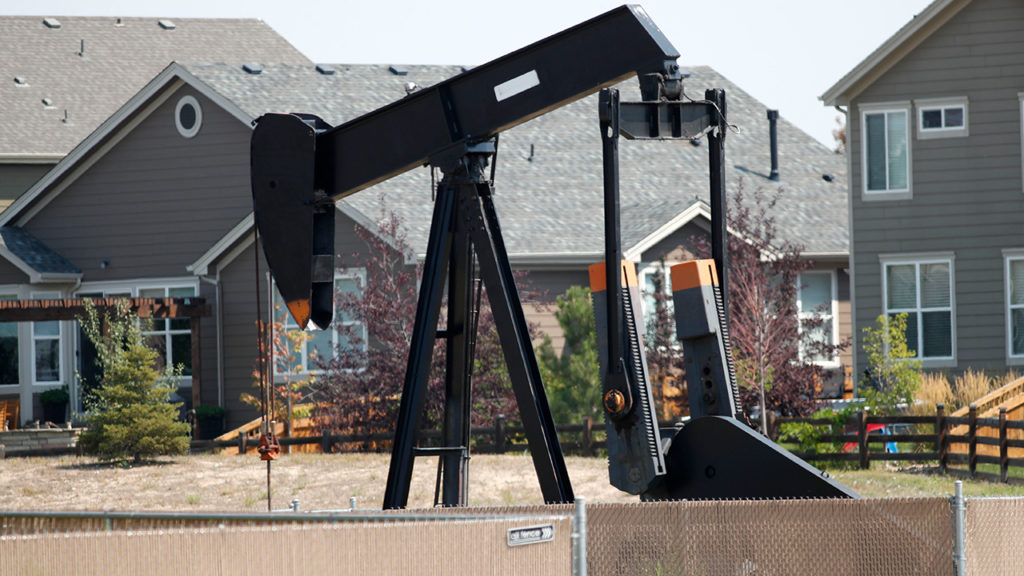
DENVER – Colorado’s Democratic-controlled Legislature is scheduled to take the first step Tuesday toward a major overhaul of state oil and gas regulations.
Republicans and industry representatives say the changes are being rushed into law.
The Senate Transportation and Energy Committee is holding the first hearing Tuesday on a bill that would dramatically shift the role of state oil and gas regulators. It would make human health and environmental protection their highest priority, not energy production, as it is now.
The bill would also give local governments the power to regulate the location of new wells. Currently, only the state has that power.
Introduced late Friday, this bill is moving quickly.
“It is unprecedented for a piece of legislation this large to be heard in a committee just a few days after it has been introduced,” Jeff Hays, Colorado Republican Committee Chairman, said.
The Colorado Oil and Gas Association and the Colorado Petroleum Council said the bill is complicated and lawmakers need to consider it carefully.
“No good can come out of legislation that is revealed on a Friday night and rushed through the legislative process,” they said in a joint statement.
Oil and gas drilling sparks frequent political and court battles in Colorado, particularly the fast-growing communities north of Denver, which overlap the rich Wattenberg oil and gas field.
The tide turned in November when Democrats took control of the state Senate, giving them a majority in both houses of Legislature and the power to shake up industry regulation.
Newly elected Governor Jared Polis said he supports the changes outlined in the measure.
The bill would reorganize the Colorado Oil and Gas Conservation Commission, which regulates the industry. Right now, three members from the oil and gas industry serve on the commission. This bill would reduce that number to one person and add commissioners with expertise in environmental protection and public health.
It would also rewrite the rules for “forced pooling,” a process that allows an energy company to drill a single well to extract oil and gas owned by multiple parties- even those who object- and then distribute the profits among them.
Currently, regulators can approve forced pooling requested by one party. The new legislation would require more than half the mineral owners to agree before regulators issue a force pooling order.
RELATED: Oil and Gas Bill scheduled for Tuesday legislative hearing
(The Associated Press contributed to this report)
